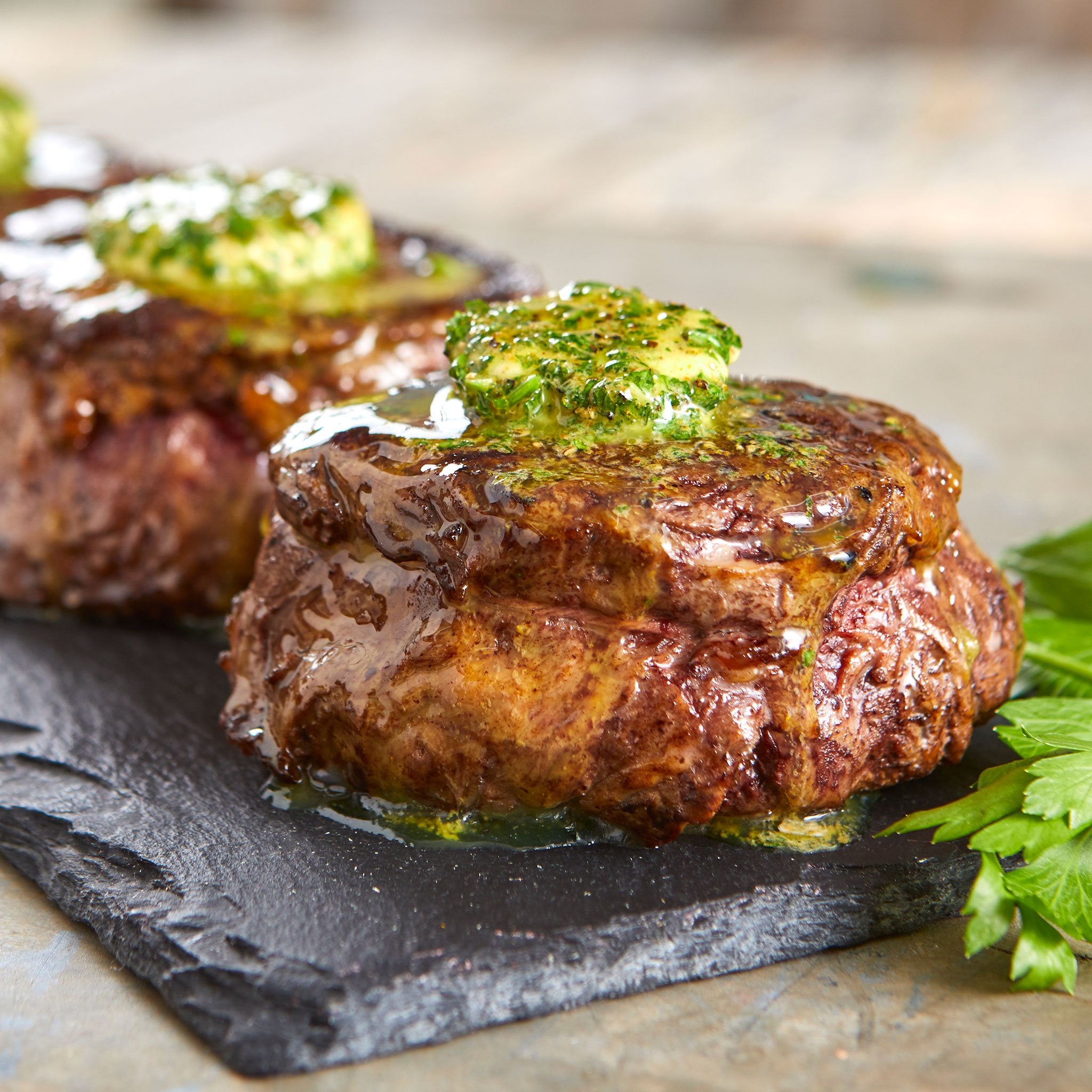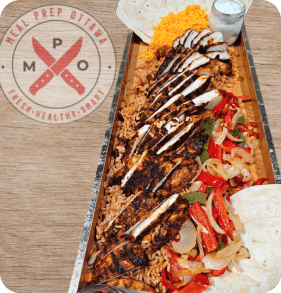Order cut-off times: Friday 9am for Sunday delivery & Tuesday 9am for Wednesday delivery. CHEFS CHOICE ROTATING MENU
Menu Being Delivered December 7th & 10th
Lemon Garlic Roasted Chicken with Cranberry Caulirice Pilaf & Roasted Eggplant
Herb Tomato Chicken, Roasted Zucchini and Mushrooms
Cuban Beef Stew, Roasted Cabbage and Bell Peppers
Blackened Cod, Creamed Spinach, Butternut Squash & Asparagus
Pork Tenderloin w/ Peppercorn Gravy, Herb Roasted Turnips & Steamed Broccoli
Menu Being Delivered December 14th & 17th
Orange Maple Garlic & Thyme Chicken with Spicy Roasted Turnips and Steamed Broccoli
Creamy Jalapeno Chicken on Roasted Mushrooms and Zucchini
Lemon Sumac Roasted Chicken w/Caramelized Onion Roasted Cauliflower and Eggplant
Curried Ground Beef with Roasted Cabbage and Butternut Squash
Rosemary Mushroom Braised Beef with Steamed Green Beans and Spinach
Average Macronutrients
32g PROTEIN / 15g FAT / 18g NET CARBS / 335 kcal CALORIES
The meals you receive may not follow this menu exactly. We commonly do substitutions to use seasonal veggies and promote sustainable practices.
The paleo diet, sometimes referred to as “the caveman diet,” is based on the principle that eating foods that were available to early humans will promote optimal health.
One of the fundamental theories behind the paleo diet is that modern food systems, production and processing techniques are damaging to human health.
Thus, if you adjust your eating style to mimic that of Paleolithic hunter-gatherers, you will better support your body’s natural biological function, improving digestion and health.
Paleo eliminates grains, legumes, soy, processed sugar and most sources of dairy.
The main foods permitted on the paleo diet include:
- Meat and fish
- Eggs
- Nuts and seeds
- Fruits
- Vegetables — except corn, which is a grain
- Selected fats and oils, such as coconut oil, olive oil, avocado oil, lard, tallow
- Minimally processed sweeteners, including raw honey, maple syrup, coconut sugar, raw stevia
SUMMARY
The paleo diet is an eating plan that emphasizes whole foods and eliminates grains, legumes and most processed foods in order to improve health. The diet also has a lifestyle component that focuses on wellness practices and exercise.
















 Get Directions
Get Directions Store Hours
Store Hours